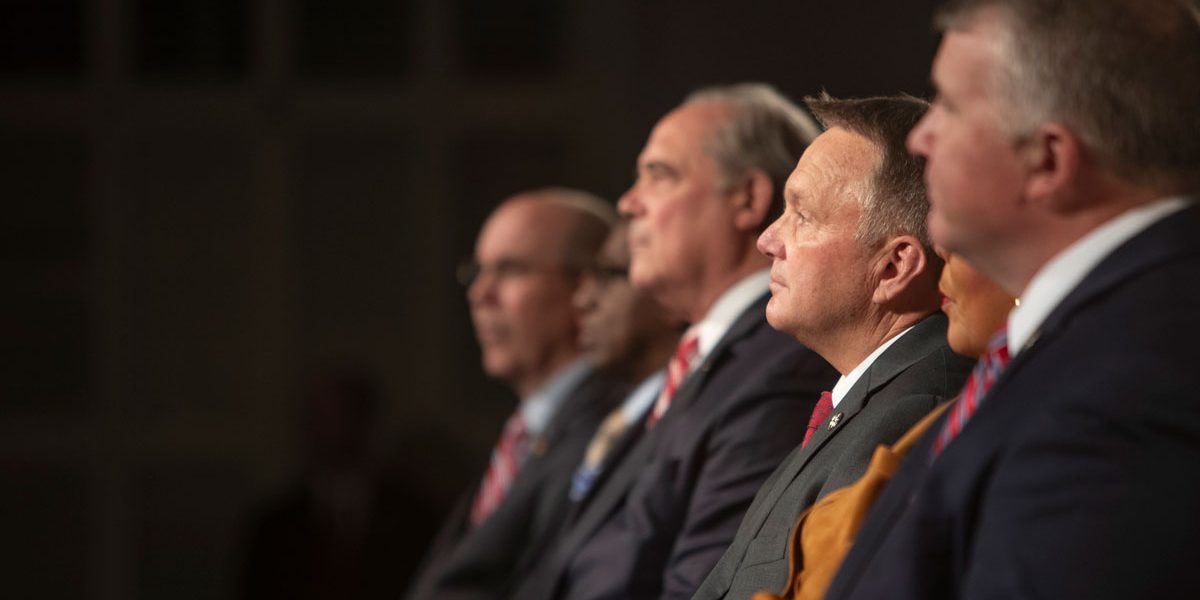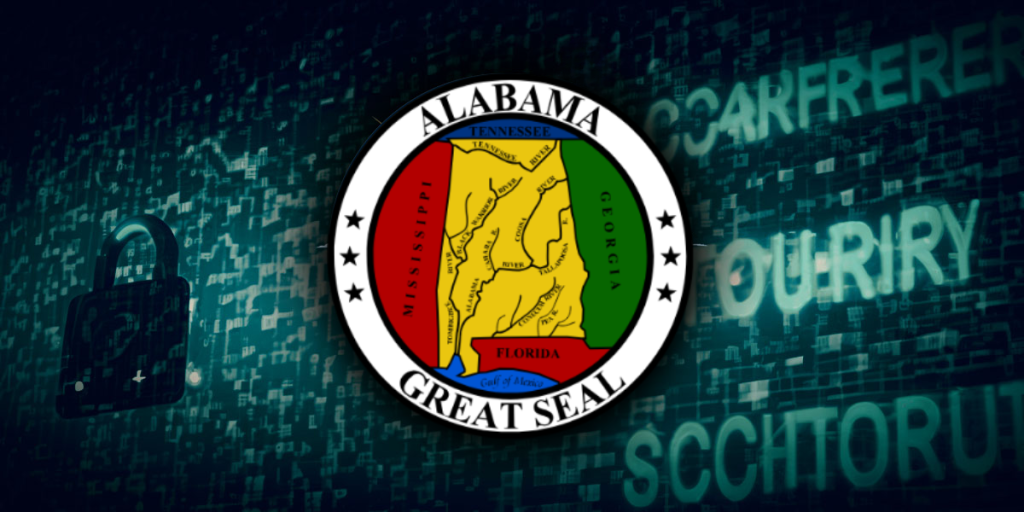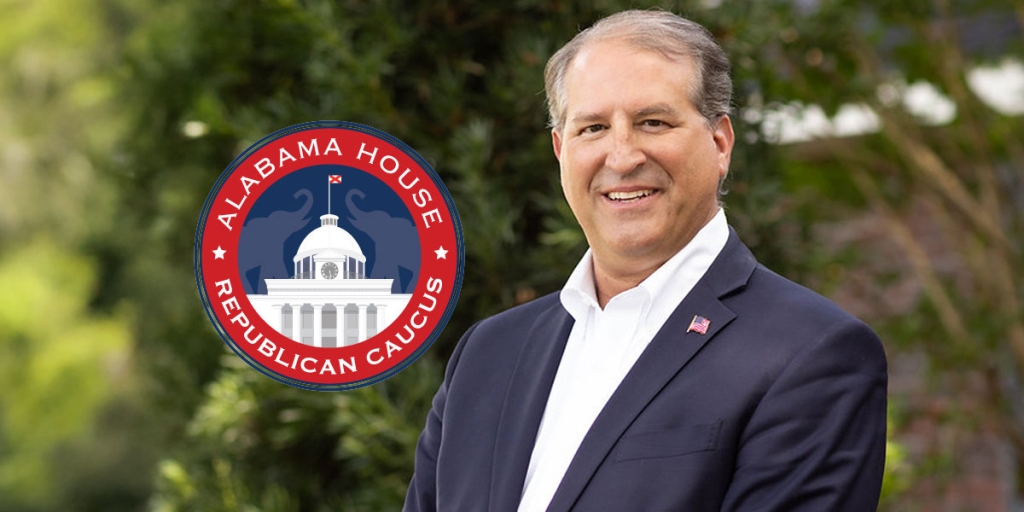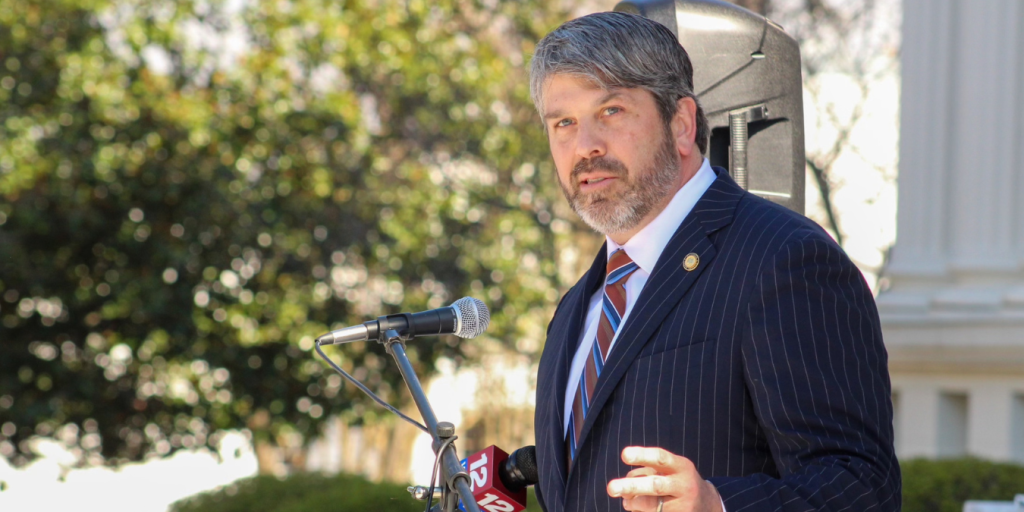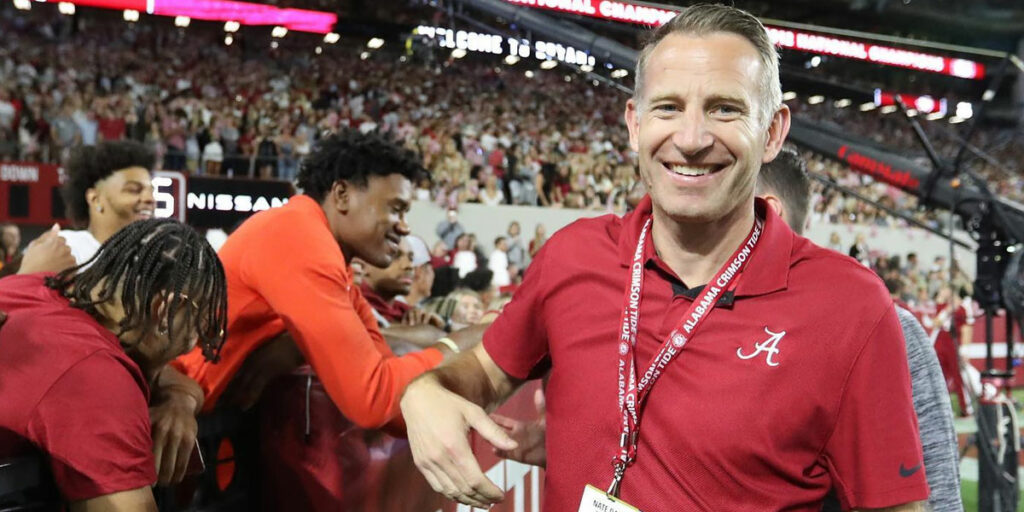On Friday, Alabama Governor Kay Ivey spoke with Capitol Journal’s Todd Stacy about two of her most significant legislative priorities: Passing a landmark school choice bill and putting the question of legal gaming in Alabama back in front of voters for the first time since 1999.
Gov. Ivey’s school choice bill will create education savings accounts for parents to use to finance their child’s education. Parents who opt into the program can receive $7,000 to send their child to a private, religious, or homeschool approved under the CHOOSE Act.
Under the proposal, for its first two years, families who can’t afford to send their children to the school of their choice will be a priority through $7,000 savings accounts. After the first two years, Gov. Ivey said the program will be available to all families.
Ivey worked with legislators on the bill extensively before officially unveiling it in her State of the State address earlier this month.
“We have been working months on this because we want to get it right,” Gov. Ivey said. “This can make Alabama the most school choice friendly state in the nation and will go a long way toward my goal of having Alabama in the top thirty for educational outcome. So education savings accounts are truly my top priority.”
The first two years of the program would be means tested before it is expanded to all Alabamians.
“In the first two years they will be available to those families most in need like at 300% of the poverty line,” Ivey said. “After the first two years all families will be eligible. The nice thing about this is that it is going to be sustainable, so not only will we be able to get it started; but it will be sustainable for years to come and that’s a real good thing.”
RELATED: Alabama school choice bill receives first public hearing
State Rep. Danny Garrett (R-Trussville) and State Sen. Arthur Orr (R-Decatur) are sponsoring the bill in the Legislature for the governor.
“I applaud Representative Garret and Senator Orr for their hard work on this too; but Speaker Ledbetter has been very supportive on this,” Ivey said. “I appreciate working with legislators on matters like this that can really move our state forward.”
The school choice bill has been widely criticized by education special interests, including the teachers union, the school superintendents, and the school board association – who fear parents having options for the education of their children.
“Those opponents probably have not read the whole bill; but it is not going to impact the public schools at all,” Ivey explained. “They are still continuing I think because we are trying to have the highest salaries for our starting teachers in the southeast. That will help strengthen our public schools as well so I am confident that the bill is a good solid, well thought out bill that could pass, that should pass and make our system more education free.”
Another area where the governor has been working with legislators is advancing the legal gaming proposal passed by the House last week.
“I may never buy a lottery ticket or cast a bet on a football game. My interest in this bill is to fix our broken system the right way and have gambling available to our folks that is limited, regulated, and controlled,” Ivey said. “Illegal gambling right now is rampant in our state and that’s not a good thing. This measure will fix that and will go a long way toward improving our whole system.”
“Well, they don’t have to gamble in the first place,” Ivey said in response to the opposition.
“The idea is to give the people the right to have a vote and let us have their say in this measure. I just believe that if we limit, regulate, control, and enforce we can have a system that works for the people of Alabama and most importantly is a good deal for the state of Alabama. I am working hard on this.”
The latest gaming package was swiftly advanced in the House last week after extensive collaborations among lawmakers. State Reps. Andy Whitt (R-Harvest) and Chris Blackshear (R-Phenix City) have promoted their efforts as a remedy to specific legislative roadblocks that have caused breakdowns in the process in years past. That proposal is now in the hands of the Alabama Senate.
To connect with the author of this story, or to comment, email [email protected]




